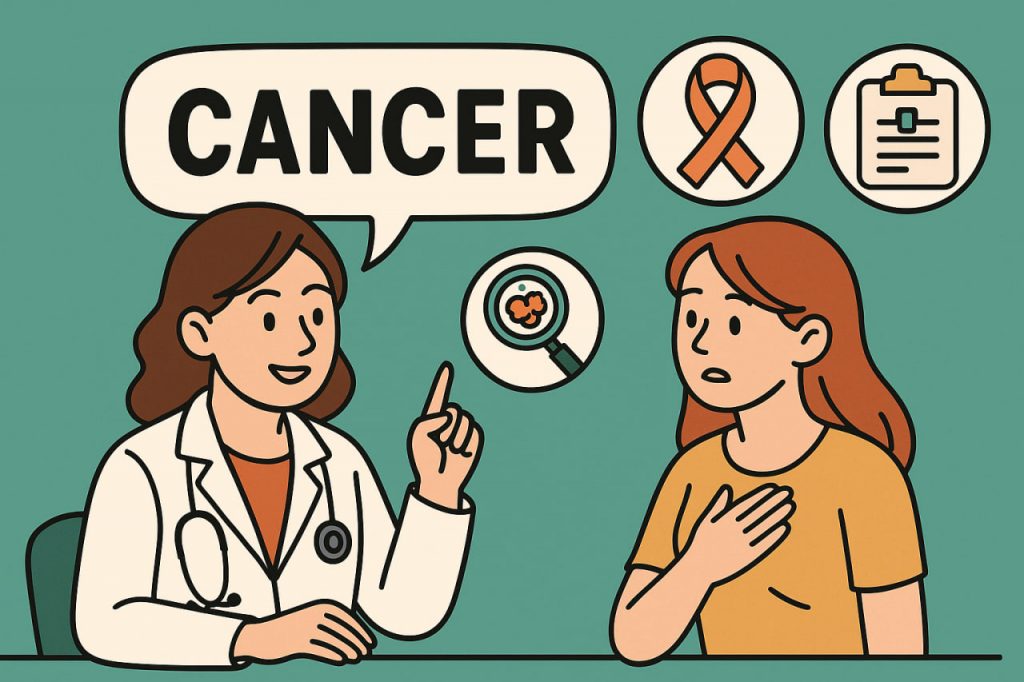Cancer is one of the leading health challenges of modern society, affecting millions of people worldwide each year. Detecting and monitoring cancer early significantly increases the chances of successful treatment and survival. Regular screening, medical observation, and healthy lifestyle practices play a crucial role in prevention, timely diagnosis, and effective management. Understanding why cancer monitoring is important can help people make informed health choices and protect their well-being.
Early Detection Saves Lives
The earlier cancer is identified, the more effective treatment can be. Many cancers develop silently, showing no symptoms in the beginning. Through regular screenings such as mammograms, colonoscopies, Pap smears, and blood tests, doctors can detect abnormalities at a stage when they are still treatable. Early diagnosis often means less aggressive treatments, reduced complications, and a higher survival rate.
Preventive Screening Helps Manage Risks
Some individuals are at higher risk due to genetics, family history, or environmental factors. Regular monitoring allows doctors to identify precancerous conditions or genetic markers that may increase the likelihood of developing cancer. Preventive practices such as removing precancerous polyps or monitoring suspicious moles can stop cancer before it even develops.
Tracking Disease Progression
For patients already diagnosed with cancer, monitoring is critical to assess how the disease progresses and how effective treatment is. Imaging tests, blood markers, and biopsies help doctors adjust therapies, detect possible recurrences, and improve long-term outcomes. Without regular monitoring, cancer could spread unnoticed, making it more difficult to control.
Improving Treatment Success
Ongoing practice in cancer care ensures that treatments are adapted to each patient’s needs. Monitoring helps determine whether chemotherapy, radiation, or surgery is working as intended. It also helps in switching to alternative therapies when needed. Personalized treatment plans are only possible with continuous observation and data from screenings.
Raising Awareness and Promoting Prevention
Cancer monitoring is not just about treatment—it is also about prevention and awareness. Educational campaigns and health programs emphasize the importance of regular check-ups, self-examinations, and lifestyle changes such as quitting smoking, eating healthily, and exercising. This combined approach reduces overall cancer incidence in society.
Reducing Mortality Rates Globally
Countries with strong cancer prevention and screening programs show lower mortality rates compared to those without them. Public health systems encourage widespread participation in cancer monitoring, and this collective effort has a measurable impact on saving lives. Investing in cancer prevention is one of the most effective ways to reduce global health burdens.
Conclusion
Cancer screening and monitoring are essential because they enable early detection, improve treatment effectiveness, and help prevent cancer altogether. Regular check-ups and timely medical attention save countless lives every year. While medical science continues to evolve, personal responsibility in attending screenings and maintaining a healthy lifestyle remains key. Consulting healthcare professionals and participating in preventive programs is the most reliable way to stay protected.
Glossary
- Screening – medical tests carried out to detect disease before symptoms appear.
- Precancerous – a condition or cell change that may develop into cancer if untreated.
- Biopsy – a medical procedure involving the removal of tissue for cancer examination.
- Genetic markers – inherited traits in DNA that can increase cancer risk.
- Recurrence – the return of cancer after treatment.


